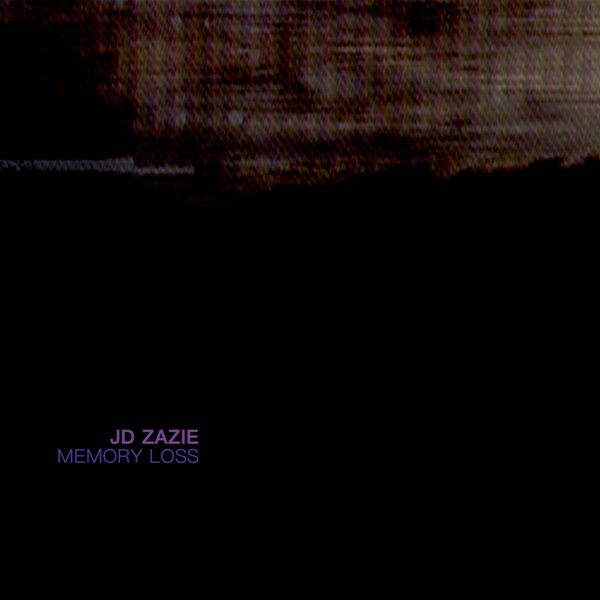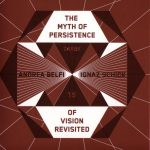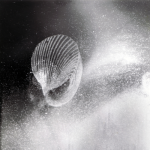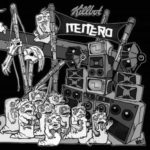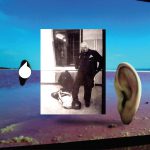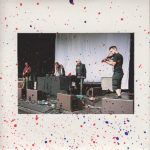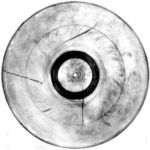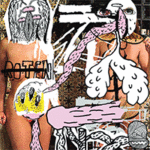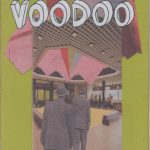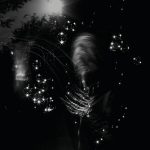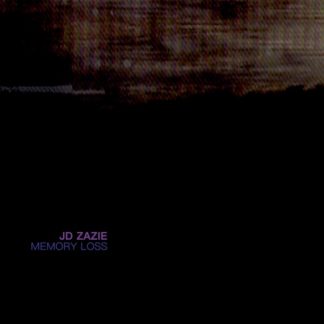Memory Loss
11,00 € VAT Included
In stock
“MEMORY LOSS is a composition in four-movements for playback devices built around electromagnetic sound recordings from hard drives, corrupted audio data and field recordings.
Utilising advanced techniques, that cross methods and practices of electroacoustic music, DJing, experimental turntablism and abstract collagism, JD Zazie has created a work that is a reflection on our loss of knowledge and sense, transformation, repositioning of self; a reflection on gravity, urgency and the effort necessary to create and organise new contexts. The sounds of processing hard drives, errors, rejects, damaged files, crash survivors, are the material that JD Zazie uses and in the process of a progressive loss of definition and meaning, she collects, sifts through, unites them and brings them back to new life.
The work, originally triggered by the observation of crashed hard drives and the subsequent attempts to recover lost data, started accidentally during a residency at Q-O2 in Brussels and further explored at AIR in Krems, Austria. “Memory Loss” presents a body of material whose process is still developing, taking shape in very different areas and one which JD Zazie has been performing live for in recent years. This album marks a possible synthesis.
Technically JD Zazie decided not to use digital processing nor particular digital filters, but set herself the challenge to explore the full potential offered by the electromagnetic recordings and scans. She has used only the possibilities offered by the DJ instrumentation, the mixer, and the playback devices: equalisation, cutting, mixing and speed variation. She has reduced to a minimum the intervention of digital editing, preferring a draft of improvised tracks and layering their parts.
I consider “Memory Loss” an achievement in JD Zazie’s work and in the advancement of the practice of abstract collageism, which has been – and still is – one of the areas of great interest and research of her expressive path and of the Burp collective.
“Memory Loss” opens with the piece “Dronicoionico” in which the sound material is proposed as a starting point and observed. Within the piece there are still almost recognisable fragments, but in flashes, waves of a tide destined to refract, to shatter. The consciousness of getting lost, of growing isolation and of an imminent aphasia creates a sense of deep melancholy obtained by the juxtaposition of harmonic layers of digital frequencies with electromagnetic waste, algid fragments and vivid memories of sound.
In “Risacca” (Italian for backwash) the sound material undergoes a metamorphosis, what was still distinguishable and partially recognisable: the fragments of an identifiable sound, are now overwhelmed and transformed, remixed without an apparent logic into something impalpable and unknown. The practice of freeform mixing (and remixing) replaces that of attempting to organise the fragments. For example, the abrupt low frequencies that occasionally emerge almost seem to suggest the presence of something else. Of other planes or none at all.
Consequently the third movement “Fratte” has a very different sound quality. The deteriorated sound material, the fracture, the glitch, takes over and its rapid, unpredictable, continuous metamorphosis becomes the centre of the action – becoming almost a blind overlapping of automatisms, of digital ramblings. The fragment that has ceased to have any coherence – now brutal and unrecognisable because it is separated, isolated – is manipulated with improvisational practice into a piece of digital noise, syncopated with pauses that evoke a state of chaos.
In contrast, “B1 / B12”, the closing track, surprises with its incipit quality, a stratification of signals suggesting a detached quiet that revisits familiar methods but soon makes it clear that the scenario is different, transfigured. The mixing attempts to reconcile and bring together elements that until now seemed to be in contrast – both isolated and fragmented. Thus, at the end, the union squeaks and almost screams but it is accomplished. Surprisingly, the unexpected reappears in cross-references, recalling shifted parts like new fragments – bringing a disturbance, an electromagnetic ripple which reminds us of something else and most certainly suggesting something other. This is an attempt to relocate the vision, even in the light of an unfavourable condition, through remittance or loss and by virtue of doing so most consciously, this rebuilds a dramatically shifted perspective. This shifted perspective represents a theme, a poetic style that has informed much of JD Zazie’s musical and installation works over the years.
With “Memory Loss” JD Zazie offers us a chiselled work of great sensitivity where, due to the limitation of the material and techniques used, the subtlety in applying oblique techniques stands out precious and apart. For its transversal nature, for the reflection it provokes, for the heartfelt call for a progressive action of reorganisation and for the attempt to synthesise, to outline a point and a way, whilst eschewing the arrogance or the forced pedagogism of a demonstrative action, JD Zazie upholds the values of opening, questioning, of an iridescent and fluent expressive process. We are very happy to publish this work with which we celebrate the resumption of the editorial activities of Burp Publications. And it is a pleasure, and in retrospect it seems very sensible, to inaugurate with this album Carapax, a new series that aims to document the current musical activities and perspectives of the Burp Enterprise collective.
Buon Ascolto (Good Listening). Baba Giovanni Bauli
Tracklist:
1. Dronicoionico 10:55
2. Risacca 10:46
3. Fratte 06:51
4. B12 / B1 10:31


